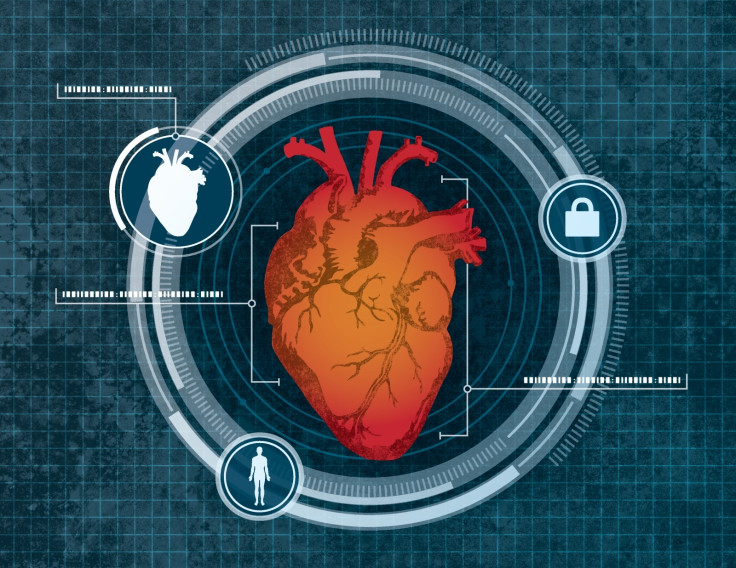Study shows SARS-CoV-2 could possibly affect the heart and other major organs
The British Heart Foundation confirms that their findings suggest COVID-19 causes abnormal changes to the vital organ.
It seems that the 2019 novel coronavirus might have more alarming surprises in store for researchers. Last week, experts on aerosol science submitted a public letter to the World Health Organization in a bid to have the agency update its guidelines. Doctors already established that one of the serious complications from the disease is what they call a cytokine storm. This immune response can be fatal due to its inflammatory effect on major organs such as the liver, lungs, and kidneys. Now, heart scans performed on random COVID-19 patients reveal abnormalities.
It seems the tissue damage brought about by SARS-CoV-2 can also affect the heart. The British Heart Foundation (BHF) confirms that their findings suggest COVID-19 causes abnormal changes to the vital organ. The study was performed in 69 countries with 1,261 patients signed up and 55 percent were flagged for changes in heart rhythm. Moreover, one in seven purportedly exhibited major dysfunctions. And, 901 of those who were enrolled had no recorded history of heart problems, which suggests the virus might be responsible.
"Severe Covid-19 illness can result in damage to the heart and circulatory system," said Associate medical director at the BHF and consultant cardiologist. "We urgently need to understand more about why this is happening so we can provide appropriate care — both short and long term." A team from the British Heart Foundation Centre of Research Excellence reportedly conducted the study at the University of Edinburgh.
Based on their observations from cardiovascular imaging, both the left and right chambers of the heart showed signs of abnormalities. Meanwhile, around three percent of COVID-19 patients experienced a heart attack. This prompted doctors to make the necessary adjustments to the medications given, the dosages, and therapy to focus on heart function.

"Covid-19 is a complex, multi-system disease which can have profound effects on many parts of the body, including the heart," stated research leader Professor Marc Dweek. "Many doctors have been hesitant to order echocardiograms for patients with Covid-19 because it's an added procedure which involves close contact with patients." However, this highlights the importance of the aforementioned procedure in order to determine the best treatment possible to prevent further complications.
© Copyright IBTimes 2025. All rights reserved.





















